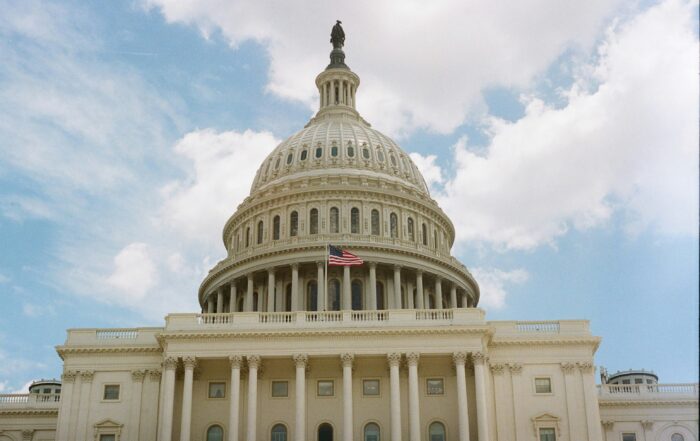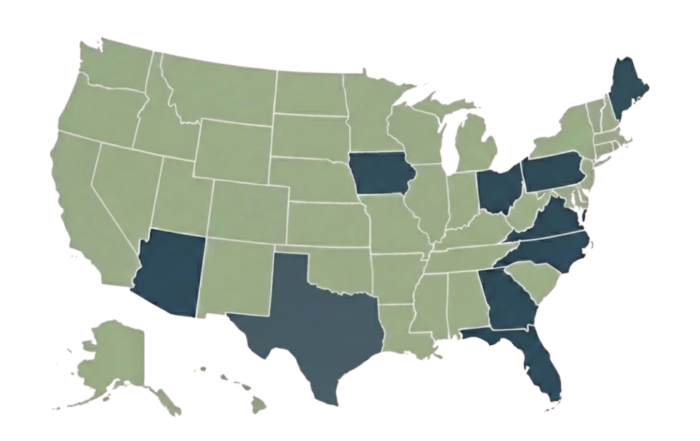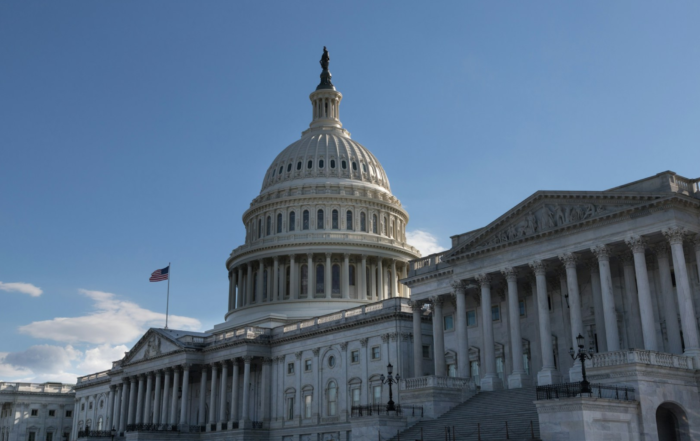
Chris Moyer
Founder & President
Facts alone won’t save the IRA tax credits. Political pressure might—but too many are still hesitant to apply it.
By Chris Moyer
Since the 2024 election, clean energy companies and advocates have made the case—again and again—for why congressional Republicans should protect the IRA’s clean energy tax credits. Through the press, through countless Hill meetings and through social media posts.
The arguments are strong: job creation, tax revenue, lower energy costs, revitalized American manufacturing, more resilient domestic supply chains—mostly happening in red states and districts. All of it is true. All of it is compelling.
But in 2025, it’s not enough.
Debates like the one now unfolding over the GOP’s reconciliation bill aren’t decided by facts or policy merits. That may have worked in 2015 or 2010 or 2005. Today, it’s all about raw politics. The nearly two dozen House Republicans who claim to support the tax credits but voted to gut them should make abundantly clear that this fight is political, not substantive.
And yet, too few in the clean energy sector are engaging politically—even with their businesses, their investments, and their workers on the line.
Senators Need to Feel Pressure Right Now
Political pressure remains one of the most effective tools for influencing elected officials—especially U.S. senators, and even more so when they’re up for re-election. This isn’t about going negative; it’s about urging them to vote the right way.
So where are the ads?
National and energy trade outlets are full of reports about the fallout if the tax credits are weakened: job losses, utility rate hikes, canceled projects. But unless those grim facts are being deployed in a coordinated, well-funded campaign aimed at persuadable senators, then it’s not enough.
I was encouraged to see a recent multi-million-dollar campaign targeting House Republicans who voted to gut the credits after claiming to support them. That’s important work. It sends a signal: there are consequences for saying one thing and doing another.
But right now, we need to apply pressure on key senators. Resources should be directed to states like North Carolina (Thom Tillis), Maine (Susan Collins), Alaska (Lisa Murkowski) and Utah (John Curtis)—states whose senators have shown some support for the IRA tax credits and some willingness to shape or even block the final bill.
Groups like Heritage Action and the American Petroleum Institute surely won’t sit back. They’re likely to spend serious money urging senators to back the House bill.
What Needs to Happen Right Now
If I had several million dollars right now, I’d start in North Carolina, a purple state where Senator Tillis is up for re-election in 2026. I’d air TV ads in Charlotte, Raleigh, and Greensboro featuring a worker from Toyota’s Liberty plant speaking direct-to-camera to Senator Tillis, urging him to save his job. This would get the Senator’s attention. I’d run similar digital ads across YouTube and streaming platforms. I’d take out billboards and work with local influencers. Flood the zone.
On top of that, I’d organize press conferences in several media markets with business leaders and workers urging Tillis to vote the right way. I’d tee up letters-to-the-editor and op-eds in outlets across the state. And I’d commission a targeted poll—designed with political language that would get Tillis’ attention— that shows the political risk Tillis faces, and I’d use it to drive multiple days of earned media that reinforces the message in the paid ads.
The surround sound for Tillis and other senators must be deafening. And this strategy should be replicated in every state where a senator is movable. The goal isn’t to shame them—it’s to give them political cover to demand changes or vote against the bill. If they’re already sympathetic, we should make sure they hold strong.
No senator should get to make noise about wanting changes, vote to gut the credits anyway, and then shrug and say they tried. This is a yes-or-no vote. There are no moral victories here.
This is the Moment
If ever there was a time to push all of our chips into the center of the table, it’s right now. This is existential. These tax credits are foundational to the clean energy transition. If we fail to use the most effective tool at our disposal, then what are we even doing?
And if we’re not willing to test the strength of our political relationships when it matters most—what’s the point of having them?
Short of this kind of strategic, visible, and unapologetic effort, we’re on a path toward a devastating outcome.
Check out our recent insights and conversations:
Sign up for our newsletter
Receive updates on our work, industry news, and more.




